Fuzzy Matching 101: A Complete Guide for 2026

Everything you need to know about resolving duplicate and inconsistent records in your data with Fuzzy Matching
What Is Fuzzy Matching?
Fuzzy matching is the process of comparing two pieces of data—such as names, addresses, or company info—and determining how similar they are, even if they’re not exact matches. This is especially important when:
Data is misspelled, abbreviated, or inconsistent
You’re trying to merge customer records, products, or accounts
You’re working across systems with different data entry formats
Unlike exact matching (which says “John Smith” ≠ “Jon Smyth”), fuzzy matching tries to answer: “Are these likely the same entity?”
Why Is Fuzzy Matching Important in 2026?
In today’s data-driven world, inconsistent data leads to:
Duplicate customer records
Reporting errors
Failed integrations across systems
Poor user experience and wasted marketing spend
Fuzzy matching is essential for:
CRM deduplication
Address and contact normalization
Merging product catalogs
Healthcare record linkage
Government and education system interoperability
How Does Fuzzy Matching Work?
There are several ways fuzzy matching works under the hood:
1. String Similarity Algorithms
Jaro-Winkler: Great for detecting typos and transpositions
Levenshtein Distance: Counts insertions, deletions, and substitutions
Token-Based Matching: Accounts for word order and duplication (e.g., “Smith, John” vs. “John Smith”)
2. Phonetic Matching
Soundex, Metaphone, and Double Metaphone: Useful for names that sound the same but are spelled differently (e.g., “Smith” vs. “Smyth”)
3. Blocking and Filtering
To avoid comparing every record to every other record (which is slow), fuzzy matching tools use:
Blocking keys (e.g., ZIP code, first character)
Pre-filters based on exact match or clustering
Match Data Pro’s Approach to Fuzzy Matching
At Match Data Pro, we’ve built a customizable, scalable fuzzy matching engine tailored for real-world business data.
Key features:
User-defined match definitions using both exact and fuzzy logic
Phonetic and Jaro-Winkler support out of the box
Threshold controls to fine-tune match sensitivity
Review and approval workflows for human validation
Export options for matches, non-matches, and merged sets
On-premise or SaaS deployment
Fuzzy Matching in Action: Real Use Cases
CRM Cleanup: Identify and merge duplicate leads across sales teams
Address Standardization: Resolve “123 W Main St” and “123 West Main Street”
Healthcare Systems: Link patient records with different name spellings and date formats
Government Agencies: Consolidate citizen records across systems with partial or inconsistent data
Common Challenges (And How to Solve Them)
| Challenge | Solution with Match Data Pro |
|---|---|
| Over-matching false positives | Set stricter thresholds, use phonetics + exact combo |
| Under-matching valid duplicates | Allow multi-pass fuzzy logic with fallback methods |
| Performance with large data | Uses smart blocking and scalable architecture |
| Hard-to-explain matches | Built-in scoring + explanation tools |
Get Started with Fuzzy Matching Today
Whether you’re cleaning 5,000 records or 5 million, fuzzy matching helps ensure your data is reliable, deduplicated, and ready to drive decisions.
Match Data Pro makes it easy to implement fuzzy matching as part of a broader data quality pipeline—profiling, cleansing, matching, and merging.


